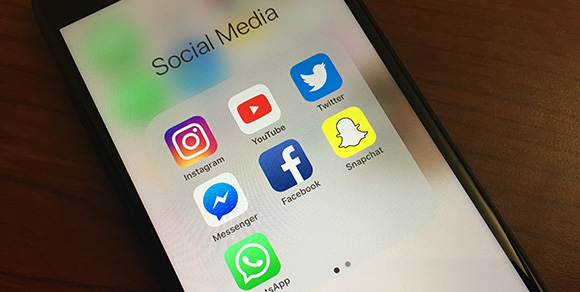
Pew Research Center recently published the results of its Teens, Social Media & Technology 2018 study. Pew surveyed US teens aged 13-17 to gather information about their use and views of social media, providing an update to a similar study published in 2015.
For the first time, Facebook is no longer the most popular social media platform among America’s teenagers. About half (51%) of teens surveyed report that they use Facebook, down from the 7 in 10 (71%) who said the same in 2015. In 2018, higher percentages of the teens surveyed say they use YouTube (85%), Instagram (72%), and Snapchat (69%) than Facebook.
The largest share of teens surveyed (45%) say that social media has neither a positive nor negative effect on themselves and their peers. About a third (31%) believe that social media has a mostly positive effect, while about a quarter (24%) say the effects of social media have been mostly negative.
Of the teens who say that the effect of social media is mostly positive, 2 in 5 (40%) cite staying connected with friends and family as the main reason for its positive impact. Others say that social media makes it easier to find news and information (16%), meet others with similar interests (15%), and express themselves (9%).
About a quarter (27%) of teens with a negative perception of social media say that social media has made it easier to bully and spread rumors about others. Other respondents believe that social media is harmful to relationships (17%), gives an unrealistic view of others’ lives (15%), or that there is peer pressure to live up to that unrealistic view (12%).
The full report can be found here.
Note: This post is part of our series, “The LRS Number.” In this series, we highlight statistics that help tell the story of the 21st-century library.